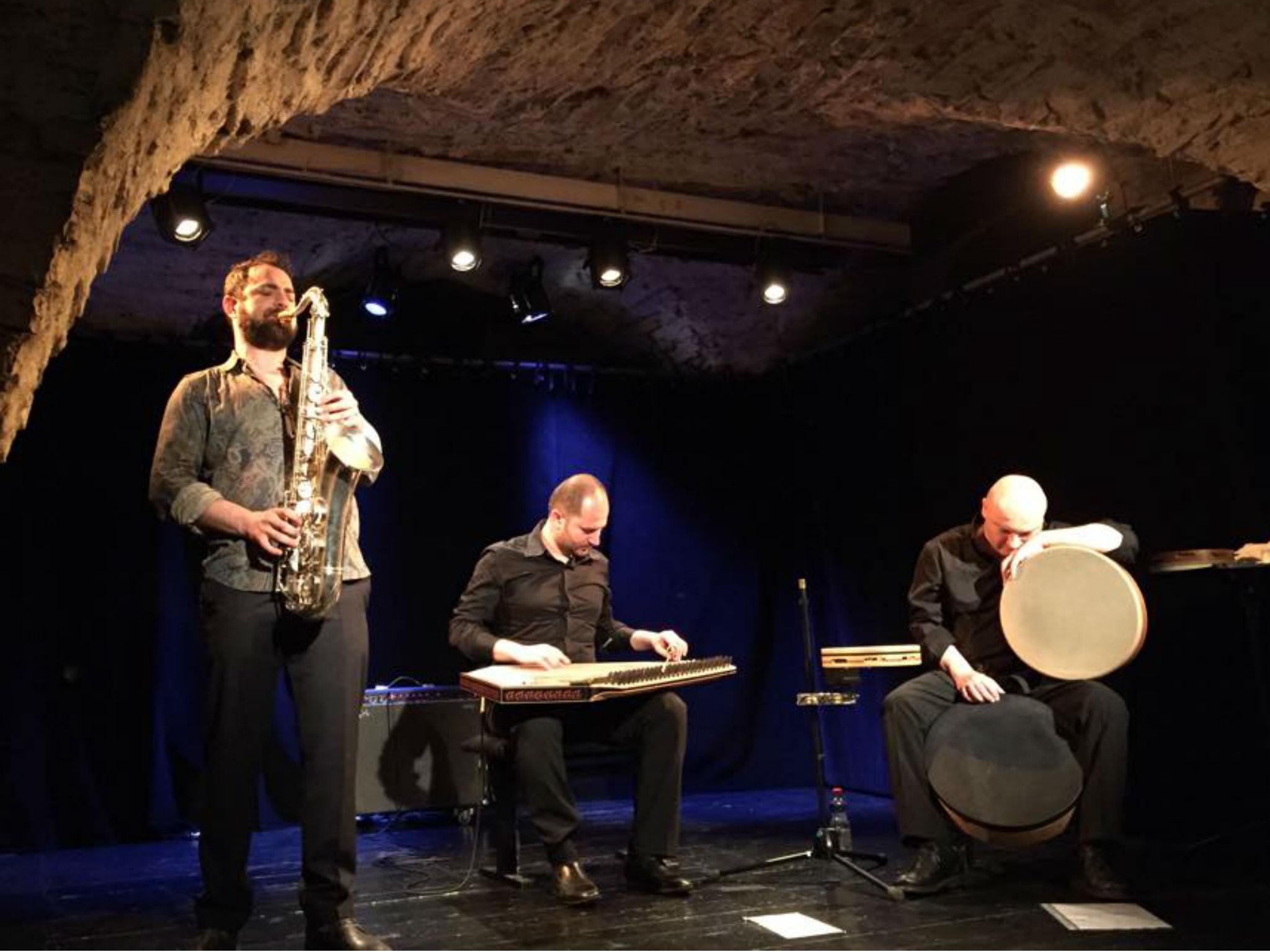The Other Classical Musics, Wigmore Hall, London, review: A bold move to throw open its doors this year to the music of the Muslim world
The final part of a new concert series at London's Wigmore Hall celebrating non-European classical traditions from Afghanistan to Azerbaijan focused on music in China and Syria

Your support helps us to tell the story
From reproductive rights to climate change to Big Tech, The Independent is on the ground when the story is developing. Whether it's investigating the financials of Elon Musk's pro-Trump PAC or producing our latest documentary, 'The A Word', which shines a light on the American women fighting for reproductive rights, we know how important it is to parse out the facts from the messaging.
At such a critical moment in US history, we need reporters on the ground. Your donation allows us to keep sending journalists to speak to both sides of the story.
The Independent is trusted by Americans across the entire political spectrum. And unlike many other quality news outlets, we choose not to lock Americans out of our reporting and analysis with paywalls. We believe quality journalism should be available to everyone, paid for by those who can afford it.
Your support makes all the difference.It was a bold move for the Wigmore Hall, in conjunction with the Aga Khan Music Initiative, to throw open its doors this year to the music of the Muslim world, and its three-concert series has been a triumphant success. It has vividly demonstrated that the music of the West has no monopoly on sophistication, and definitively knocked on the head the pernicious colonialist fallacy that while the West has classical music, the rest of the world has to make do with ‘folk’ music.
The first concert showcased the musics of Afghanistan and Hindustan, and the second those of Tajikistan and Azerbaijan, with the third dwelling in China, Syria, and - through some inspired improvisations - a newly-created musical realm spanning everywhere in between.
And this final event was stunning. As Theodore Levin explained in his pre-concert talk, the cultural interchange of the Great Silk Road was still in vigorous life today, with traditional musical forms serving as a compass for new musical explorations. It certainly helped that each of the musicians was the pre-eminent exponent of their art: Wu Man on the pipa lute, plus the ensemble led by the Syrian composer-saxophonist Basel Rajoub comprising frame-drummer Andrea Piccioni, zither-player Feras Charestan, and singer Lynn Adib. The hard-core virtuosity of the traditional pieces was complemented by lovely washes of ensemble sound. Let us hope these brilliant musicians return soon, because - with world events at such a perilous juncture - we need their cultural advocacy.
Join our commenting forum
Join thought-provoking conversations, follow other Independent readers and see their replies
Comments